How Stephen Hawking Helped Her Become One of the World’s Top Particle Physicists
A rising particle physicist at Cornell University is crediting Stephen Hawking for helping her cope with the loss of her father at the age of 10.
It all started when Yangyang Cheng, who now works as a postdoctoral research associate at Cornell Laboratory for Accelerator-based Sciences and Education (CLASSE), found a translation of Hawking’s “A Brief History of Time” on her father’s shelf.
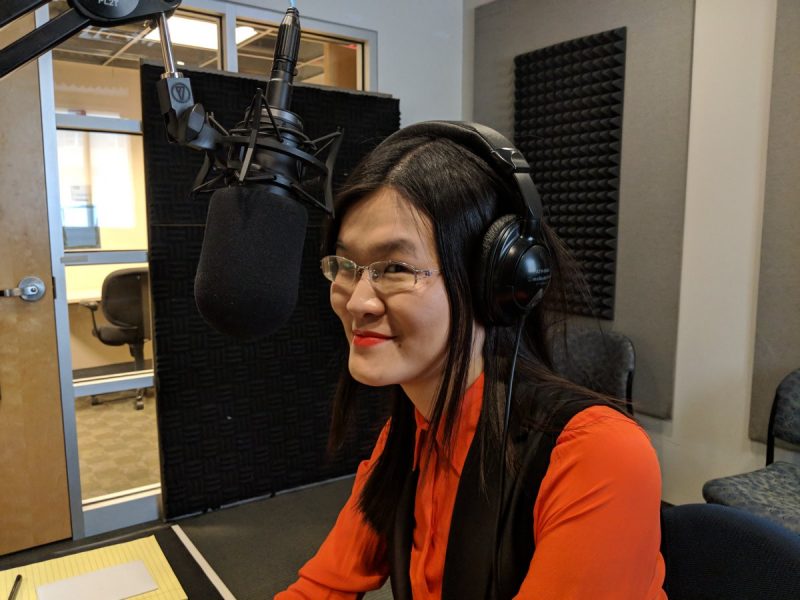
“Being a young academic, my father was often away on work trips, and in the late 90s he spent a couple years working in the UK and the US as a visiting scientist when I was in elementary school,” the 28-year-old scientist told Cornell. “In his absence I would go to his study, tiptoe and stare at his giant bookshelf.”
Cheng’s father was a mechanical science and engineering professor.
“Among the volumes of literature and philosophy with faded cloth covers, there was a series of popular science books in sleek dark design that stood out against the rest.”
She described herself as a “science nerd” who “deployed cool phrases” such as blackholes and time travel into her vocabulary as a young girl.
“The most notable in the series was the one with the shortest name, 时间简史, the Chinese translation of Stephen Hawking’s ‘A Brief History of Time.’”
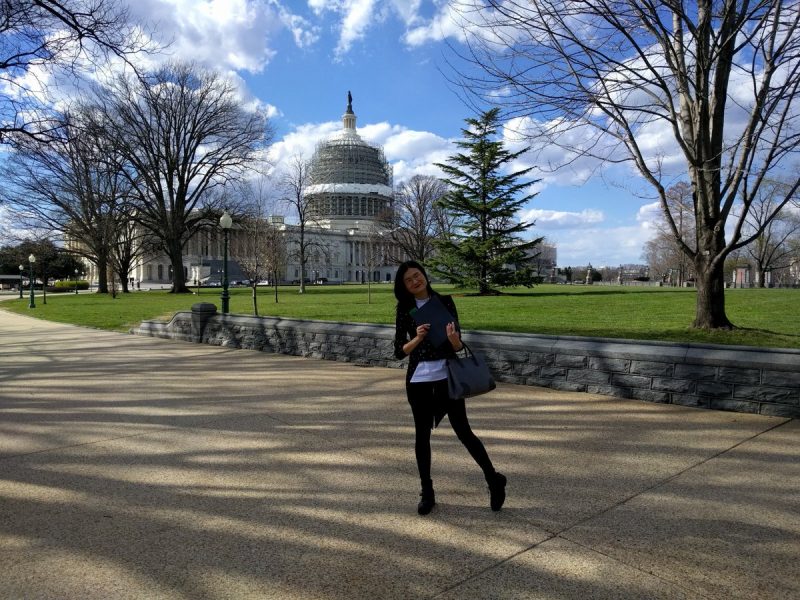
The unthinkable happened when she was 10, but it would take several years before she started taking out books from her father’s shelf.
“I finally read the translated copy of ‘A Brief History of Time’ when I was fifteen, in the summer before I started university to study physics at my father’s alma mater and former workplace.”
“For me, ‘A Brief History of Time’ was not only an introduction to some of the most fascinating topics in physics, but also a window into the father I never got to know and the brilliant mind I was supposed to inherit.”
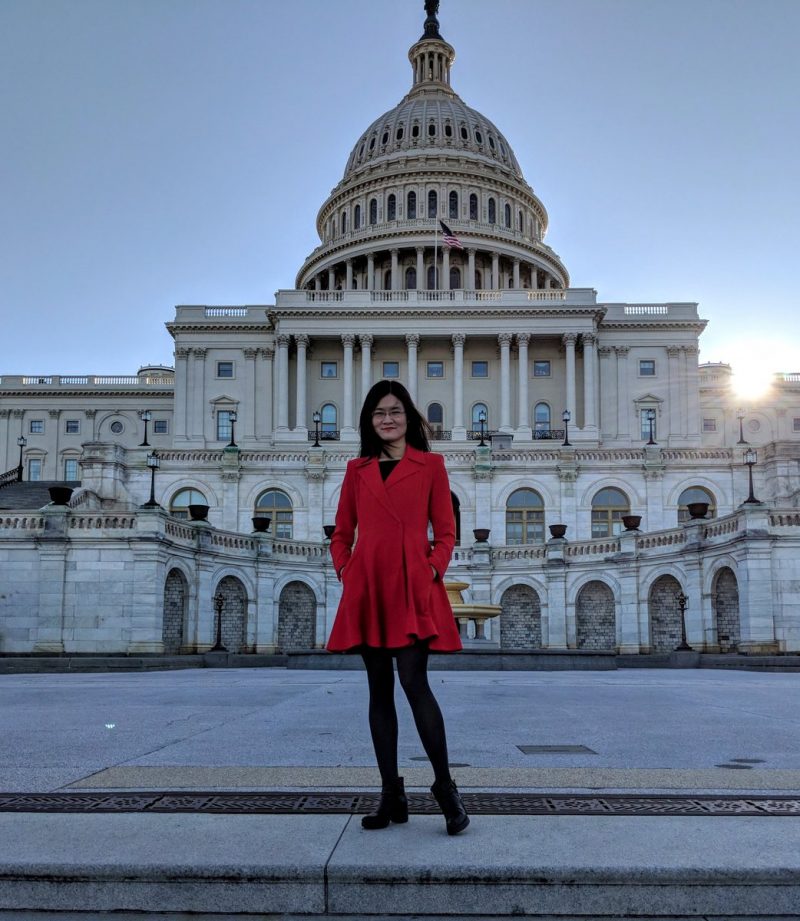
Speaking to the South China Morning Post, Cheng stressed how the book’s subject reflected on her own life story.
“It just so happened that Hawking’s book was about time. This personal story of the loss of a father at a very young age and a daughter’s personal growth and journey to find this missing link in her life was related through a book about time.”
Cheng, who is also a “distinguished researcher” fellow at Fermi National Accelerator Laboratory’s Large Hadron Collider (LHC, also known as supercollider) Physics Center, believes that Hawking’s book changed the way she sees the world.
She was recently recognized as one of the world’s “outstanding emerging science and security experts.”
“It helped me break through the confines of space and time and life and death itself to fill in some of the memories.”
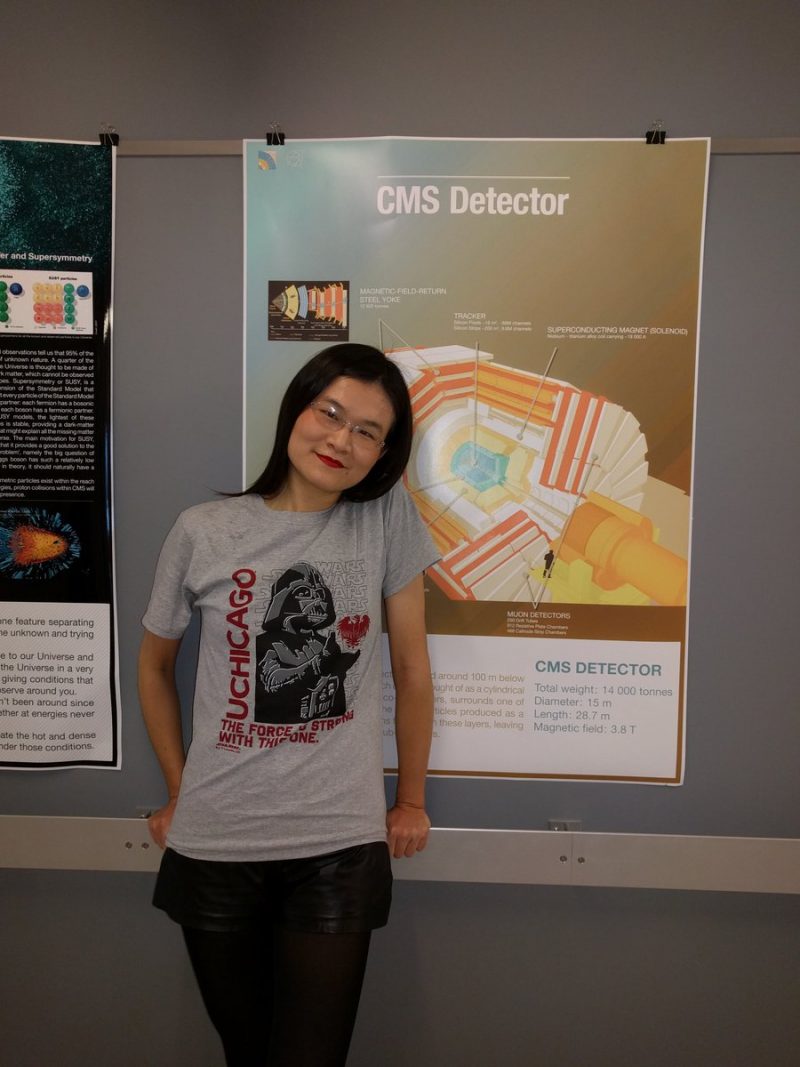
Cheng, a Chinese citizen, obtained her undergraduate degree in physics from the University of Science and Technology of China in Hefei, Anhui province. She moved to the U.S. in 2009 for graduate studies and received her PhD from the University of Chicago in 2015.
Today, her work involves studies on the dark matter, a type of matter that has not been directly observed but is thought to be a fundamental part of the universe.
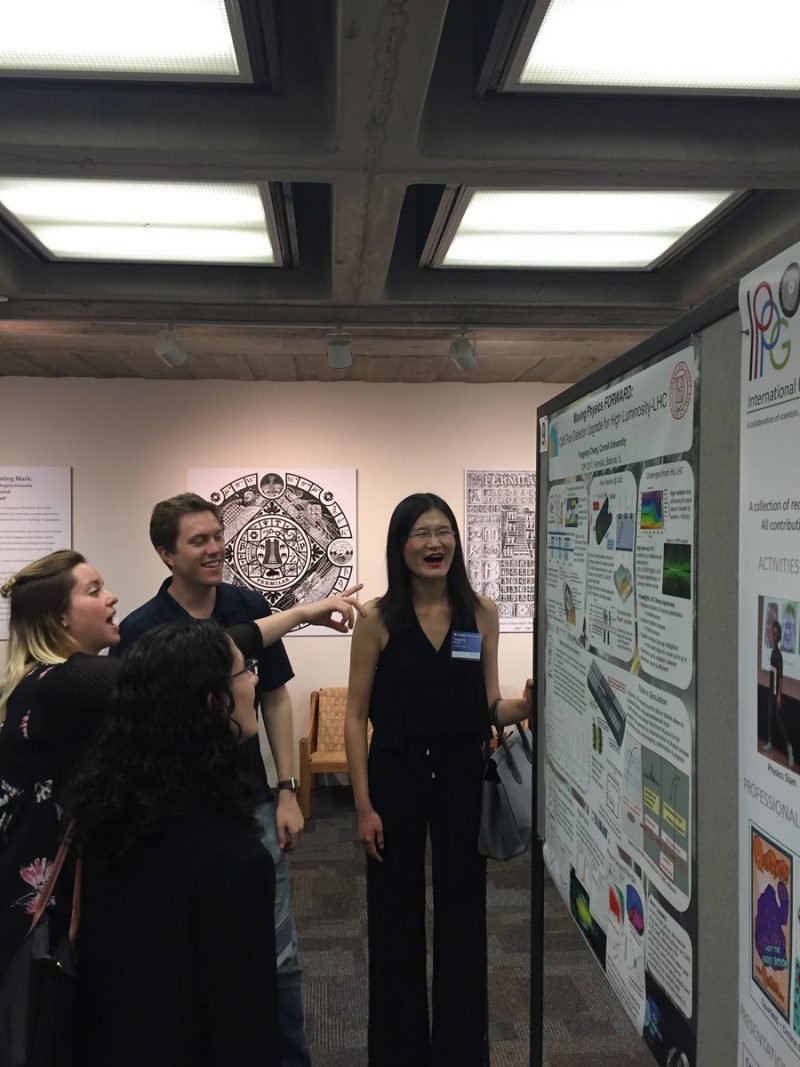
On top of her scientific pursuits, Cheng has also expressed views on social issues, such as the need for more academic freedom in China.
This includes an article she wrote in Foreign Policy, where she commented about the country’s plan to build the next LHC or supercollider:
“While the LHC takes great pride in fostering collaboration among scientists and institutions from countries in conflict — like Russia and Georgia, Israel and Iran, India and Pakistan — every potential collaborator at the Chinese supercollider will have to be fully aware that his or her participation is subject to political criteria and can be used as political leverage by the Chinese state.”
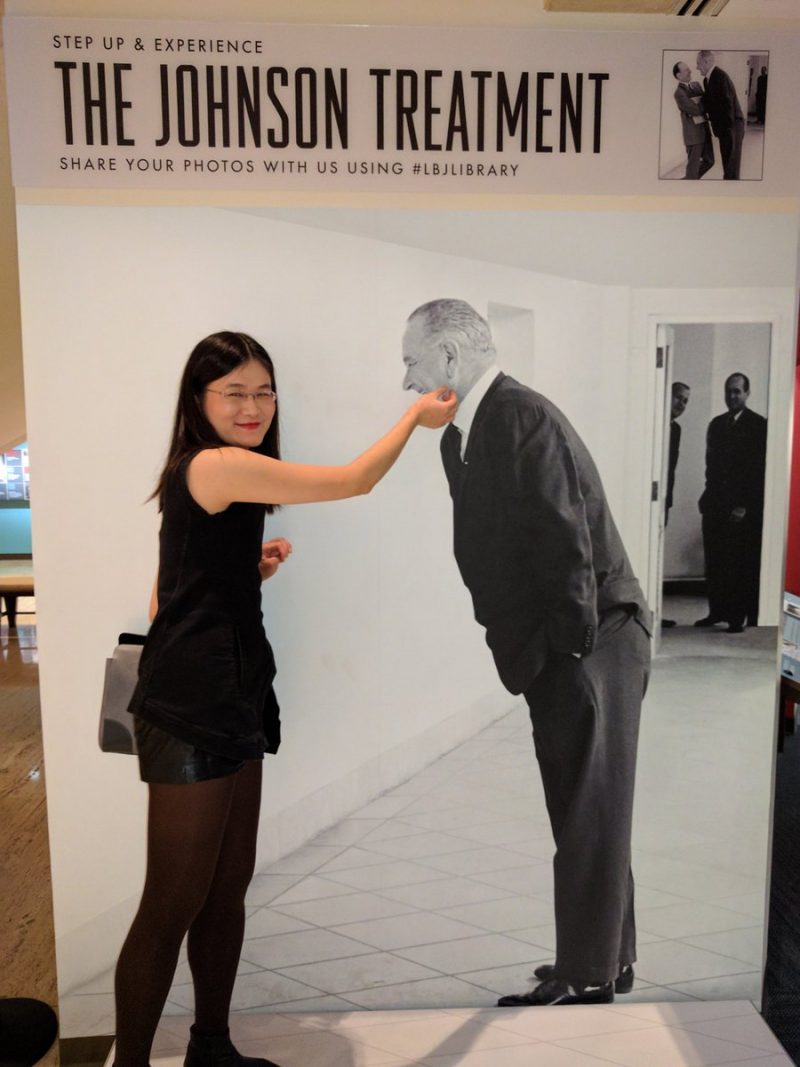
But for China’s growing participation in the international scientific community, Cheng does not exactly identify as a critic of its government. She described her compatriots’ work as “genuine.”
“Their curiosity in understanding the most basic structures and interaction of nature is genuine.
“As a particle physicist, I know that every human being is made up of the same fundamental particles, bound by the same fundamental forces, and originating from the same burst of stardust. So I do believe that there are certain values that are universal and the Chinese people are deserving of such universal human rights and civil liberties.”
Images via Twitter / Yangyang Cheng
The post How Stephen Hawking Helped Her Become One of the World’s Top Particle Physicists appeared first on NextShark.
✍ Sumber Pautan : ☕ NextShark
Kredit kepada pemilik laman asal dan sekira berminat untuk meneruskan bacaan sila klik link atau copy paste ke web server : http://ift.tt/2ppnnWp
(✿◠‿◠)✌ Mukah Pages : Pautan Viral Media Sensasi Tanpa Henti. Memuat-naik beraneka jenis artikel menarik setiap detik tanpa henti dari pelbagai sumber. Selamat membaca dan jangan lupa untuk 👍 Like & 💕 Share di media sosial anda!




















Post a Comment